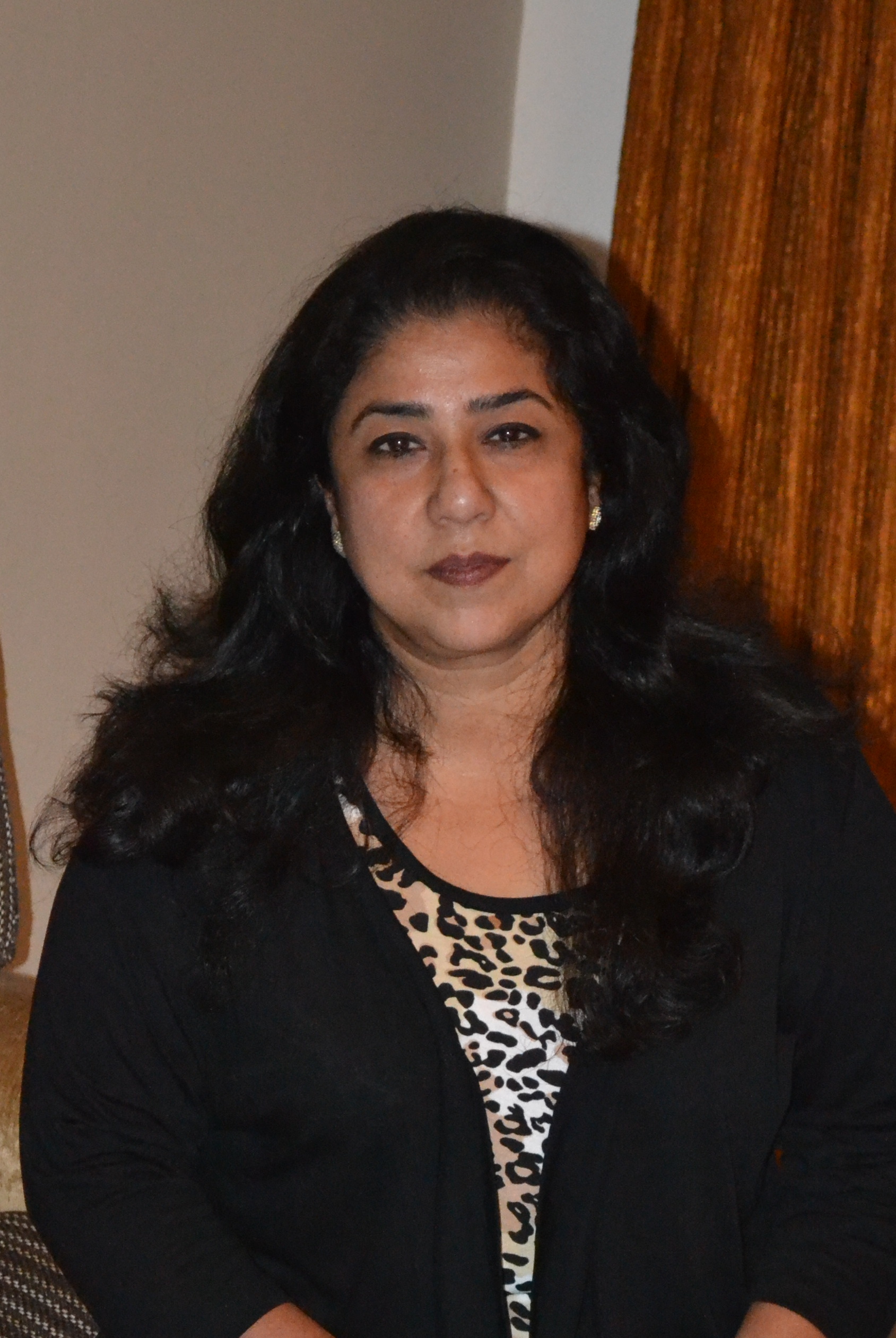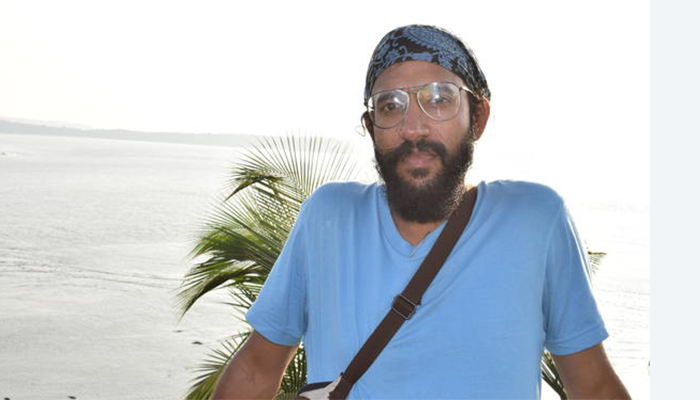It was during IIITH’s college fest that a guitar-toting existential professor suddenly shot up on to the campus radar. Prof. Ashwin Jayanti teaches a specially curated course called the Introduction to the Philosophy of Technology, that is pushing the realms of the Humanities pedagogy at IIITH.
“A good philosopher will show loopholes in your theory and fallacies in your argument, which is a good thing. You develop your skill while sparring and shadowboxing outside the ring, but it is what you learn in the ring that makes you a better fighter”. These are the kinds of philosophical challenges that Ashwin explores in his specialised course that encourages Engineering students to train their brain to think beyond the linear. Debates on esoteric topics like Epistemology, Phenomenology and moral significance within the Philosophy of Technology is opening up the black box of understanding to critically think about entities.
Swimming towards the Confluence of Techno-Science and Humanities
“Confluence is the buzzword here”, said Ashwin Jayanti, singer- guitarist, juggler and novice boxer. The Human Sciences Research Lab at IIITH is one of the few places to actively encourage the intersection of technology and humanities by offering a niche dual-degree program in computer science and humanities. A mechanical engineer by training, he shifted to humanities and completed his Masters and PhD in Philosophy. One of the foundational questions that drives my research has to do with how we understand technology and build a bridge between humanities and engineering”, he observed.
The Journey to IIITH
Ashwin’s career trajectory has been exciting and highly unusual. “I was always very curious as a child”, mused the musically inclined Professor. “I loved tinkering with things and thus engineering was a natural choice”. After completing his schooling in Hyderabad, he followed the military regimen of academic training to complete his Intermediate and take up mechanical engineering in a college affiliated to Anna university. “But when I actually went into engineering, I found it was mostly theoretical”, he rued.
It was while he was working at an editing firm in Mumbai that Ashwin was thrown in with colleagues from other disciplines. “I discovered how little I knew of the world and also realised that I could freelance and didn’t have to waste time, pursuing a 9-to-5 regimen”, he said. A series of existential crises made him turn to Philosophy for answers. “I picked up some books on existentialism. The literature that I enjoyed had certain metaphysical themes that I wanted to get to the bottom of. Existential literature is something that led me into philosophy”. The young intellectual’s interest in the early days was fuelled by the writings of Dostoevsky, Camus and Sartre. The closest opportunity to study philosophy was at Madras Christian College that didn’t need a background qualification. I was freelancing on the fly as I completed my Masters in Philosophy”, said the Man with many hats.
On the advice of a professor, Ashwin joined JNU, New Delhi. Thus began the 6 most exciting and defining years of his life, when he came across people from different walks of life, varied backgrounds and different political ideologies with whom he could discuss, question and most importantly, have a dialogue in a common space. It was while he was working in Delhi that he heard about IIIT Hyderabad and their exploratory work at the intersection of computer science and humanities.
Philosophy of Technology and Ontology of Technical Artefacts
For Ashwin, teaching a course on the Philosophy of Technology, the subject of his PhD research, was a great experience since it meant exploring a new dimension with engineering students. His research interests are currently focused on the Ontology and normativity of technical artefacts. Simply put, Ontology looks at the classification and explanation of technical artefacts, i.e., labels of material culture like television, mobile phones, laptops and devices that we use for a particular function. For instance, when we look at television as a technical artefact and make the assumption that TV is making people stupid, we seek to understand the source of these kinds of moral ascriptions and derivatives. Is it inherent in the technology or due to the effects of the technology or is the designer to be blamed?
Phenomenology, Epistemology and the lived experience
One of Ashwin’s research areas is in Phenomenology, the study of an individual’s lived experience of the world or the first person perspective. In relation to technology, this approach looks at how artefacts mediate our experiences; not just what their ontology, nativity or normativity is but what it means to the perceiver.
Philosophy of Science, another one of Ashwin’s pet areas of interest is a dominant field in Epistemology, which is the theory of knowledge and how we obtain it. “What interests me is the nature of engineering, the kind of knowledge involved in acquiring skills, craft knowledge etc.”
A Guitar and embodied hobbies
Ashwin joined the IIITH family during the early days of the pandemic and has been gathering optics for his extra-curricular hobbies. “A colleague and I recently performed at one of the student music events”, he said with a laugh when we dug a little deeper into what makes him tick. “All my hobbies are ways for me to get out of my head”, said the philosopher with zero presence on social media. “I sing, play the guitar and am into juggling. I like to play cricket or go for a jog to unwind. I like the outdoors and also do a little boxing”. Catching up with friends over dinner, singing old Hindi film songs or playing English classic rock numbers on his bass guitar is the way he relaxes.
“What keeps me motivated are my own mini research projects and the opportunity to share this in a class, as a participant in a debate, and to come out of class with a greater understanding”, observes Ashwin. “One of the best teachings of philosophy is that every answer ends up in a question. My philosophy in life is to keep searching for more questions”.

Deepa Shailendra is a freelance writer for interior design publications; an irreverent blogger, consultant editor and author of two coffee table books. A social entrepreneur who believes that we are the harbingers of the transformation and can bring the change to better our world.


So we’ll written, brought out professor ‘s
Sudha Gorthi says:Multifaceted personality